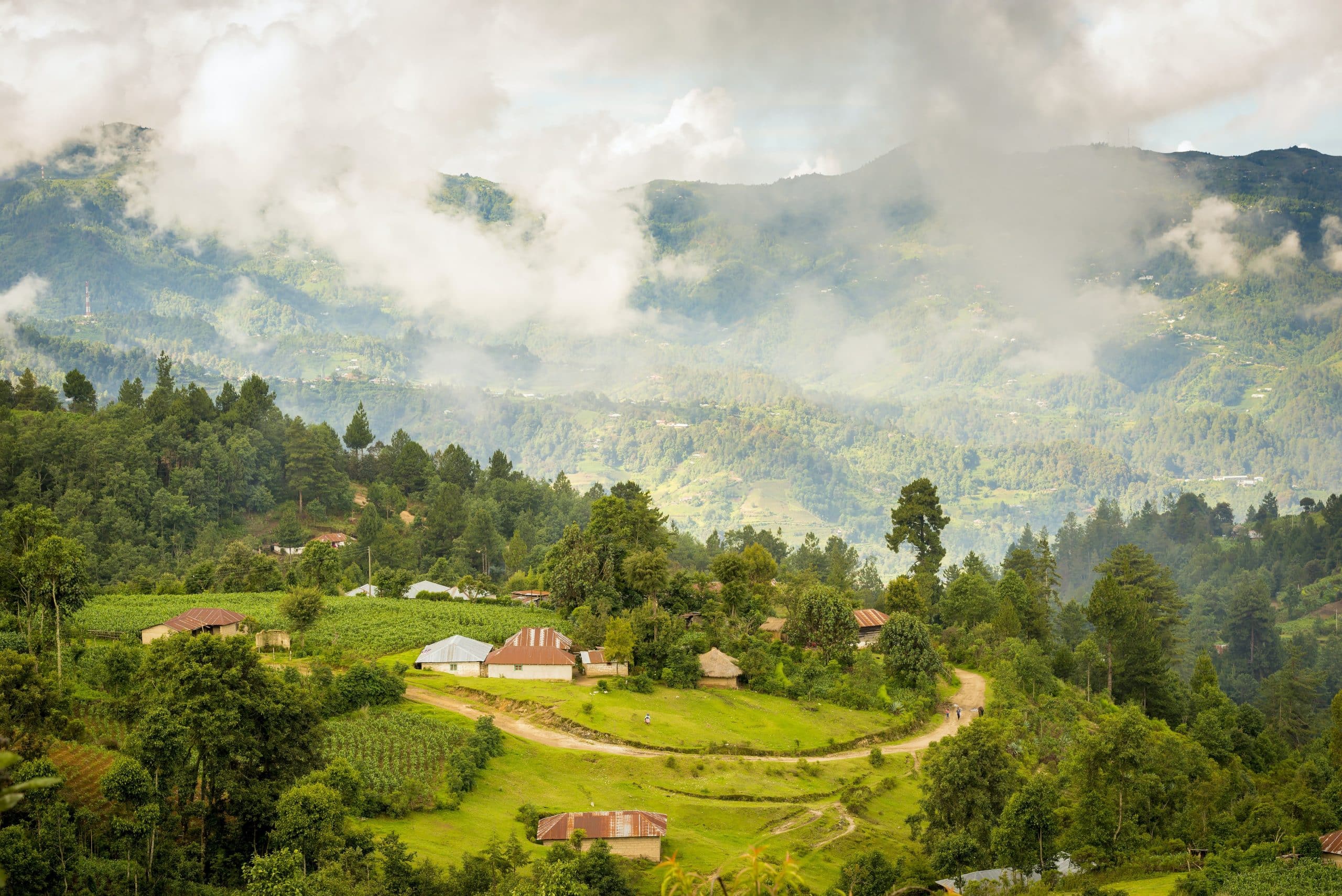What Are the Prospects for Off-Grid Living in the UK’s Countryside?

Are you curious about the prospects for off-grid living in the UK’s countryside? Well, you’re not alone. With the constant technological advancements and increasing focus on sustainable living, more and more people are considering moving away from the conventional urban lifestyle. The countryside offers abundant opportunities for a life less dependent on the conventional grid system. This article discusses the possibilities and challenges of such a lifestyle, concentrating on the main elements of off-grid living: power, water, and housing.
An Introduction to Off-Grid Living
Off-grid living refers to a lifestyle devoid of reliance on public utilities, such as electricity, gas, and water. Instead, people living off-grid generate their necessities using renewable sources, aiming for a sustainable and self-sufficient life. It’s a lifestyle choice that’s gaining momentum, driven by the desire for independence, environmental consciousness, and sometimes even economic considerations.
Dans le meme genre : Things to do in rome: explore the 42 must-see attractions
Such a lifestyle is particularly appealing in the countryside, where there’s often plenty of space to create your self-sufficient haven. This space allows for the installation of renewable energy sources, like solar panels, and the possibility to exploit natural water sources.
Powering Your Off-Grid House
In the realm of off-grid living, electricity is typically the first concern. After all, we rely heavily on power for just about everything, from lighting and heating to cooking and powering our various devices. Fortunately, renewable energy technologies have advanced significantly, making it quite feasible to power your home independently of the grid.
Cela peut vous intéresser : The advantages of a round raised garden bed
Solar energy is often the go-to source of power for off-grid living. With the UK’s countryside providing ample space for solar panel installation, it’s an excellent choice for many. Although the UK isn’t known for its sunny weather, modern solar panels can efficiently generate electricity even on cloudy days. You’d need to figure out your power consumption to determine the number of panels required.
Sustainable Water Source
Having a reliable and sustainable water source is a fundamental aspect of off-grid living. In the countryside, options include wells, springs, and rainwater harvesting. Many off-grid dwellers in the UK opt for a combination of these sources to ensure year-round water availability.
Drilling a well or tapping into a spring can provide a constant supply of water. However, it’s essential to have the water quality tested to ensure it’s safe for consumption.
Rainwater harvesting, on the other hand, is a practice that involves collecting and storing rainwater for later use. Given the UK’s frequent rainfall, this can be a significant source of water for those living off-grid.
Housing Options for Off-Grid Living
Off-grid living lends itself well to alternative housing options. Tiny houses and container homes are especially popular due to their low impact on the environment and relative affordability.
Tiny houses are compact, optimally designed homes that focus on functionality and simplicity. They often come with off-grid features such as solar panels and composting toilets, making them an excellent choice for those looking to live sustainably.
Container homes, made from old shipping containers, are also a popular choice. They are durable, flexible in design, and can be outfitted with various off-grid features. Moreover, they’re an example of "upcycling," turning something that might otherwise be waste into a functional, livable space.
Challenges of an Off-Grid Lifestyle
While off-grid living is appealing for a variety of reasons, it’s not without its challenges. For starters, the initial set-up costs can be high. Depending on your location, acquiring land and installing necessary systems can be expensive.
Also, since off-grid living often relies on renewable energy sources, there may be times when energy production is not at its peak. Weather conditions can significantly impact solar and wind energy production. In these cases, it’s vital to have a back-up plan in place, such as a generator or a battery storage system.
It’s also worth noting that off-grid living requires a significant time commitment. Maintaining your power and water systems, tending to your land, and growing your food (if you choose to do so) can be labour intensive.
Living off-grid in the UK’s countryside is a viable way to foster a more sustainable lifestyle. Ideal for individuals and families seeking independence from public utilities, it offers numerous opportunities for a fulfilling and harmonious life. However, it requires careful planning and a willingness to adapt. By understanding the possibilities and challenges, you can make an informed decision about whether this lifestyle could be your next big adventure.
Heat and Energy Consumption for Off-Grid Living
Navigating the way to efficient and sustainable heating is another essential aspect of living off-grid. With the UK’s often cold and damp weather, a dependable and eco-friendly heat source is crucial.
One of the popular choices for off-grid heating is heat pumps. These devices extract heat from the ground or air and use it to warm your home. They are highly efficient and work even in colder temperatures, making them an excellent choice for the UK’s climate. However, heat pumps do require electricity to operate, so they must be factored into your overall energy consumption plan.
Wood-burning stoves are another self-sufficient way to heat your home. They can provide a comforting source of warmth and also be used for cooking. The sustainability of this option largely depends on your access to local and responsibly sourced wood.
Insulation is another critical aspect of managing energy consumption in an off-grid home. Good insulation reduces the need for heating and cooling, thereby lowering energy consumption.
Planning Permission and Legal Considerations
Living off the grid in the UK’s countryside also involves navigating legal regulations. Planning permission is a major consideration, particularly if you’re building a new home or adding renewable energy systems to your property.
In general, installing solar panels and wind turbines on domestic residences is considered "permitted development" in the UK. This means it doesn’t usually require planning permission. However, there are certain restrictions and conditions, and it’s always best to check with your local planning authority.
For new build homes, including tiny houses and container homes, planning permission is typically required. It’s also worth noting that there might be specific regulations regarding off-grid water and sewage systems.
Conclusion: Embracing the Off-Grid Lifestyle
Opting to live off-grid in the UK’s countryside is a significant decision that can open up a new world of sustainability and independence. With advancements in renewable energy technologies, efficient heat pumps, and sustainable housing options, it’s a path that’s becoming more accessible and attractive to many.
However, living this way does require a level of commitment and adaptability. The initial set-up costs can be steep, and the ongoing maintenance and legal considerations can be demanding. But for those passionate about living sustainably and reducing their impact on the environment, the benefits can far outweigh these challenges.
Remember, the success of an off-grid lifestyle requires careful planning, from understanding your energy consumption to securing planning permission. But, with the right approach, your vision of an off-grid life, powered by a personal solar system and housed in a charming grid-tiny home, can become a reality.
The journey to off-grid living can be a transformative one, embracing a lifestyle that harmonises with nature, values self-sufficiency, and cherishes sustainability. The prospects for off-grid living in the UK’s countryside are promising, offering an exciting alternative for those who dare to step off the conventional path and explore the possibilities that lie out of the grid.
